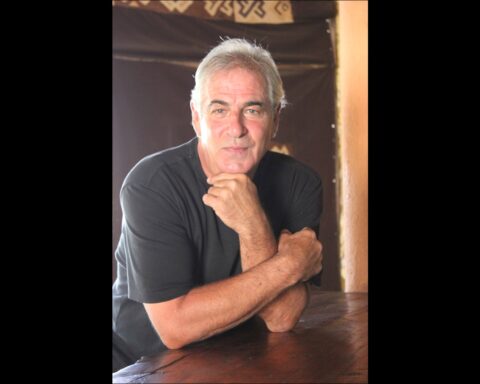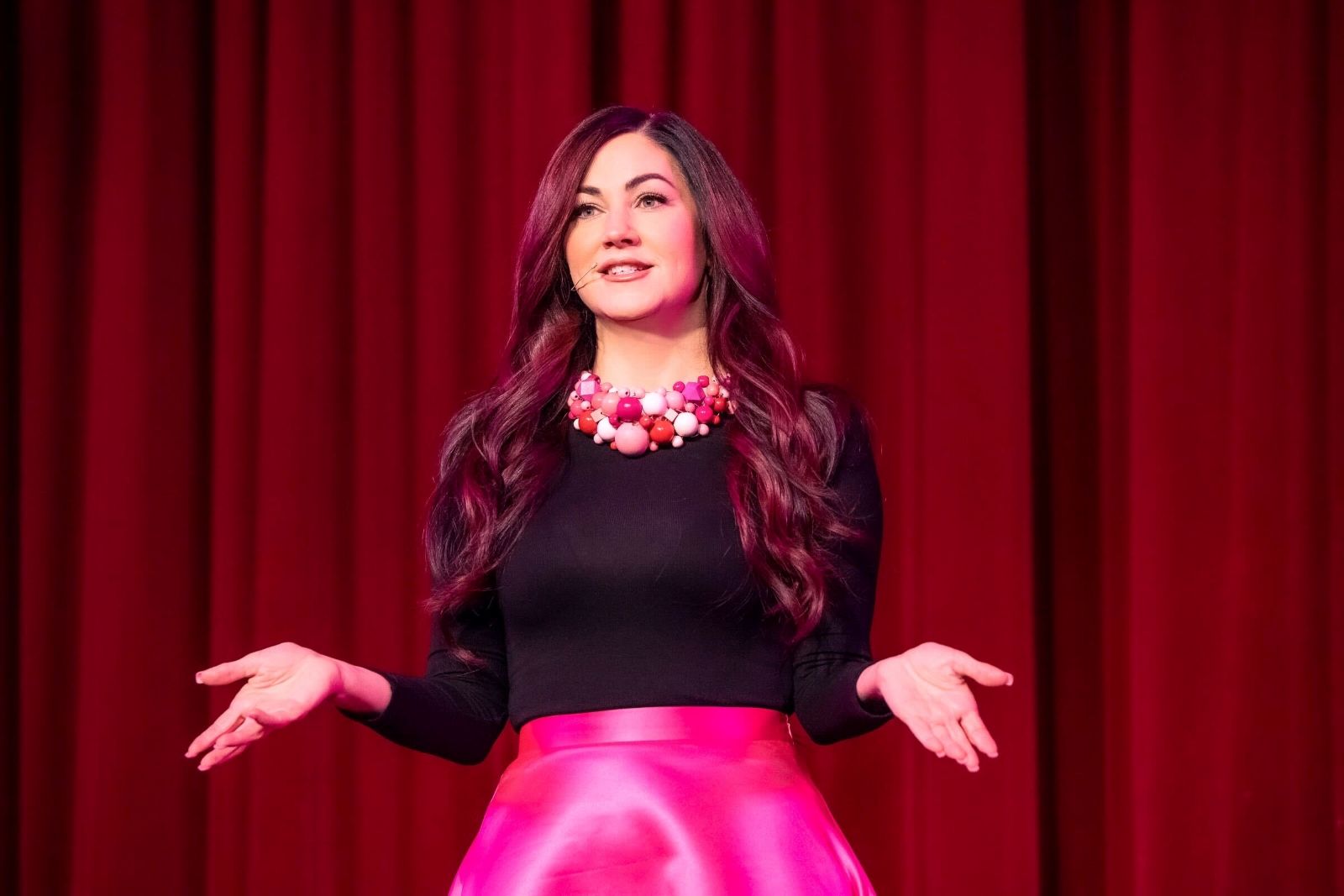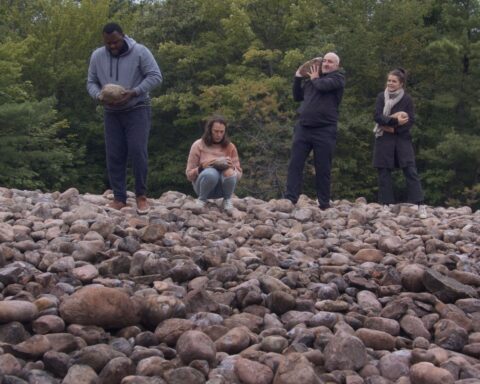When Tracey Friesen passed away January at the age of 58, the tributes to her life and career were overwhelming and heartfelt. They spoke of a person whose upbeat personality mirrored a profound belief in the power of documentaries to positively affect the world. Writing of her love for British Columbia and the natural environment, another major throughline in her life, Friesen stated: “I identify strongly with this region, continually stunned by its jaw-dropping beauty, and its fragility.”
Liz Shorten, Chief Operating Officer at the Canadian Media Producers Association (CMPA), the last organization where Friesen worked, wrote about her “dedication to environmental sustainability and climate action, as well as nurturing support for people.” Friesen was noted for being ecologically minded as well as a lover of the outdoors, particularly BC’s mountains, the home of the Whistler Film Festival. Angela Heck, Executive Director of the festival, where Friesen was a Board Member, commented: “Her positive energy and decisive, thoughtful demeanour could cut to the heart of an issue with precision, clarity and kindness. Her mischievous blue eyes and sparkle are remembered with fondness.”
Before working at the BC branch of the CMPA, Friesen was the director of communications and engagement at the David Suzuki Foundation, an organization dedicated to the sustainability of the planet, a cause dear to Friesen’s heart. As a producer at the BC and Yukon region of the NFB from 2001-2013, Friesen was involved in notable “green” projects: Leanne Allison and Diana Wilson’s Being Caribou, which raised awareness for a potentially endangered species, Velcrow Ripper’s Scared Sacred, about attempts to bring global peace and understanding and, latterly, Sturla Gunnarsson’s Force of Nature, a no holds barred portrait of David Suzuki.
Above all else, Friesen was a storyteller. She wrote an important book for the acclaimed Focal Press series of film titles, Story Money Impact: Funding Media for Social Change. In it, she analysed 21 documentaries, all of which were made with the intention of changing the world. Friesen demonstrated repeatedly in the book that politically engaged films—all social media—must tell stories to make an impact on viewers and the world. She created a charity with the same title that continues to this day. Its mandate is to work with a select number of Canadian documentaries “to create a more caring, just and sustainable society.” Friesen leaves a daughter, a mother and many friends, but perhaps her biggest legacy is the charity, which can be reached at storymoneyimpact.com













